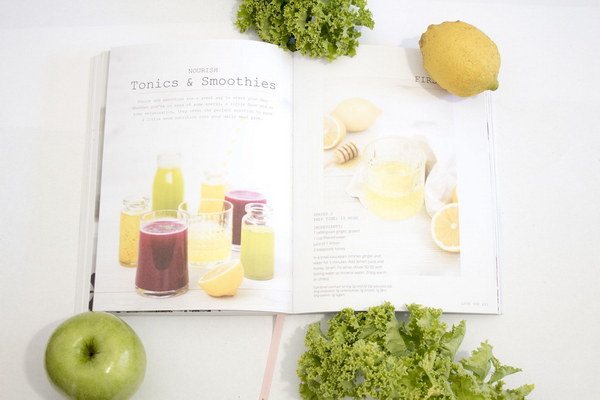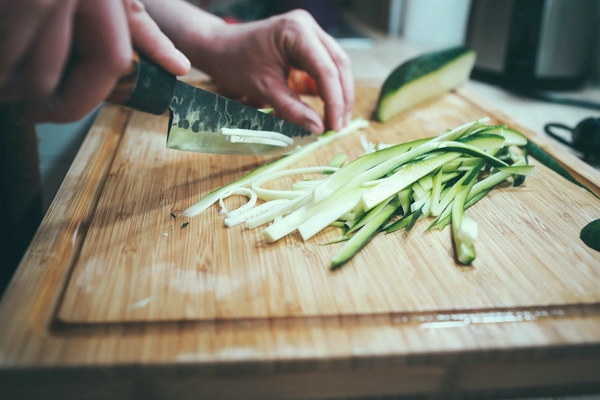Banishing Dampness Does Ginger Really Help
In traditional Chinese medicine, the concept of dampness is considered a common internal imbalance that can lead to various health issues. Many believe that incorporating ginger into their diet can help alleviate dampness in the body. But does this age-old belief hold true? Let's delve into the world of ginger and dampness to find out.
What is dampness in Chinese medicine?
Dampness, in Chinese medicine, refers to a condition where dampness accumulates within the body, causing discomfort and various health problems. It is believed to be caused by factors such as poor diet, excessive moisture in the environment, and an overall weakened immune system. Symptoms of dampness can include fatigue, bloating, weight gain, poor digestion, and even joint pain.
Ginger: A natural dampness fighter?
Ginger, with its spicy, warm properties, is often recommended as a natural remedy for dampness. It is believed to help in the following ways:
1. Promotes digestion: Ginger has been used for centuries to aid digestion. By stimulating the digestive juices, ginger can help improve the breakdown and absorption of nutrients, which in turn, can help eliminate dampness.
2. Increases circulation: The warmth of ginger can improve blood circulation, which can help in removing dampness from the body. This increased circulation can also provide relief from various symptoms associated with dampness, such as fatigue and joint pain.
3. Antioxidant properties: Ginger contains antioxidants that can help combat inflammation, which is often associated with dampness. By reducing inflammation, ginger may help alleviate symptoms such as bloating and joint pain.
4. Diuretic effect: Ginger has a mild diuretic effect, which means it can help the body eliminate excess fluid. This can be beneficial for those experiencing symptoms like swelling and bloating, which are often associated with dampness.
How to incorporate ginger into your diet
Now that we understand the benefits of ginger in combating dampness, let's explore some ways to incorporate it into your diet:
1. Ginger tea: Simply add fresh ginger slices to hot water and let it steep for a few minutes. You can add honey or lemon to enhance the flavor.
2. Ginger tea with herbs: Combine ginger with other herbs such as cinnamon, clove, and star anise for an aromatic and warming tea that can help combat dampness.
3. Ginger in soups and stews: Add fresh or dried ginger to your favorite soups and stews to add warmth and flavor while supporting your body's fight against dampness.
4. Ginger-infused foods: Incorporate ginger into your cooking by adding it to stir-fries, salads, or as a garnish for various dishes.

5. Ginger supplements: If you prefer not to consume ginger in food or tea, you can also take ginger supplements in tablet or capsule form. However, it's essential to consult with a healthcare professional before starting any new supplement regimen.
Conclusion
While the evidence supporting ginger's effectiveness in combating dampness is primarily based on traditional Chinese medicine, there is some scientific evidence to suggest that ginger can indeed offer various health benefits. Incorporating ginger into your diet can be a simple and natural way to support your body's fight against dampness and its associated symptoms. However, it's important to remember that individual experiences may vary, and it's always best to consult with a healthcare professional if you have specific concerns or health issues.









